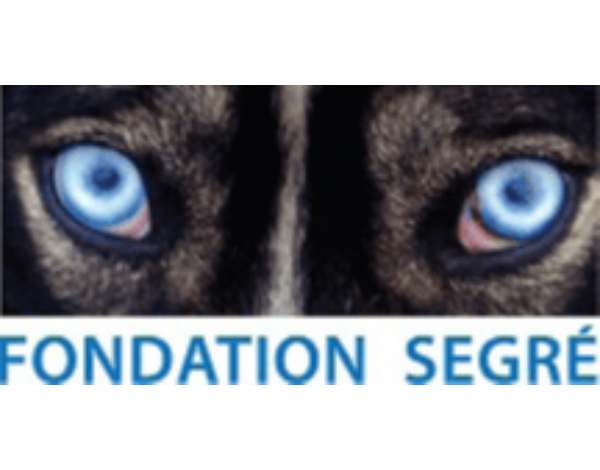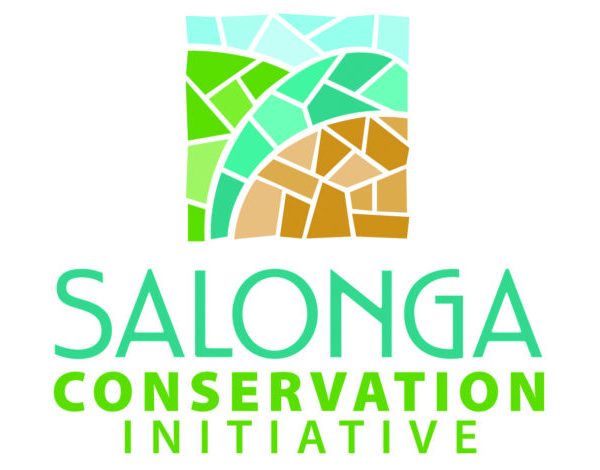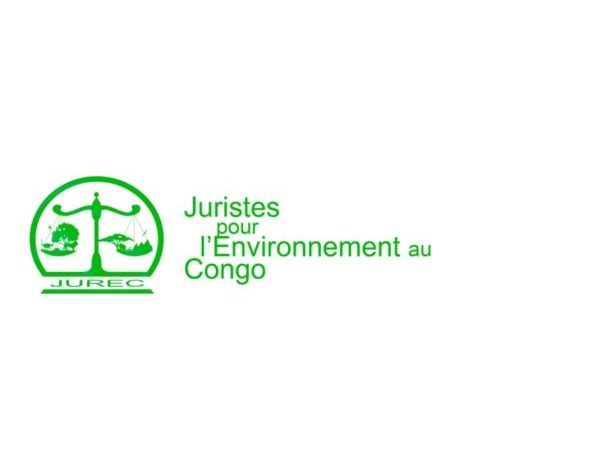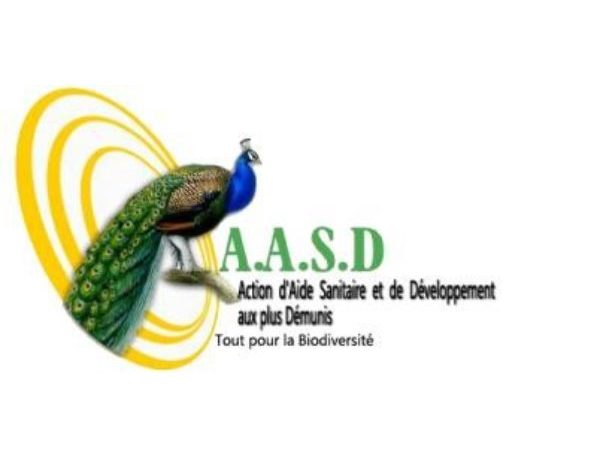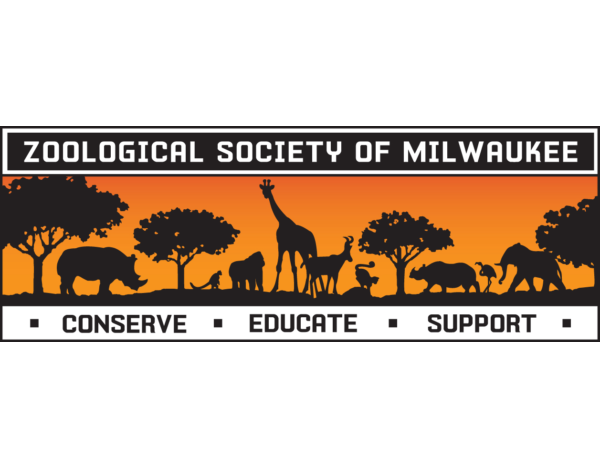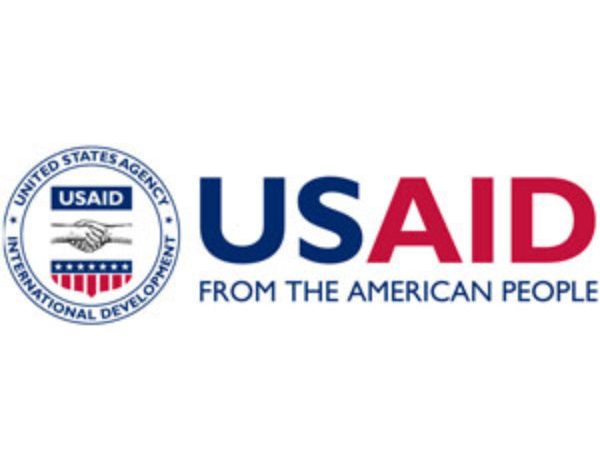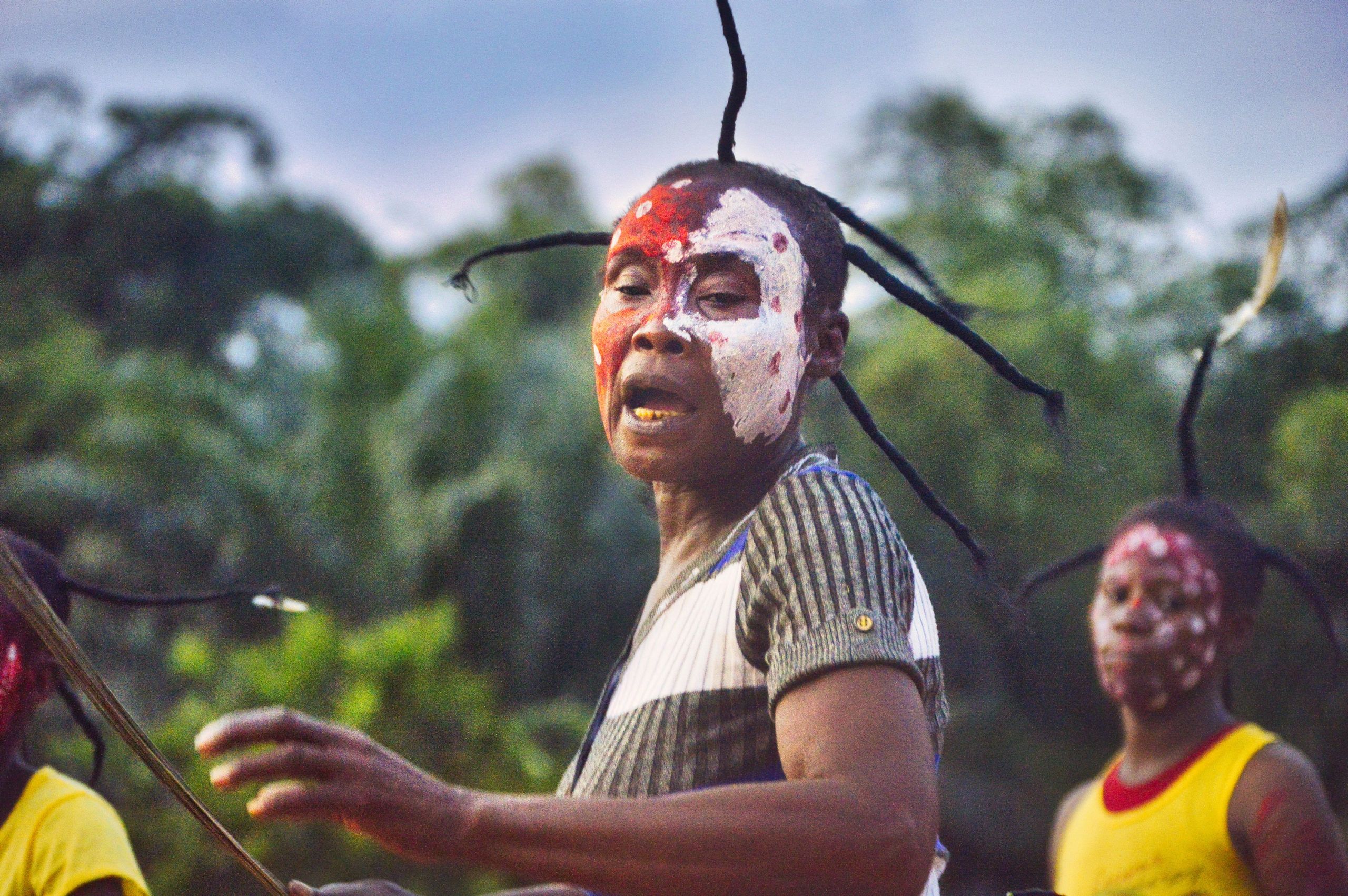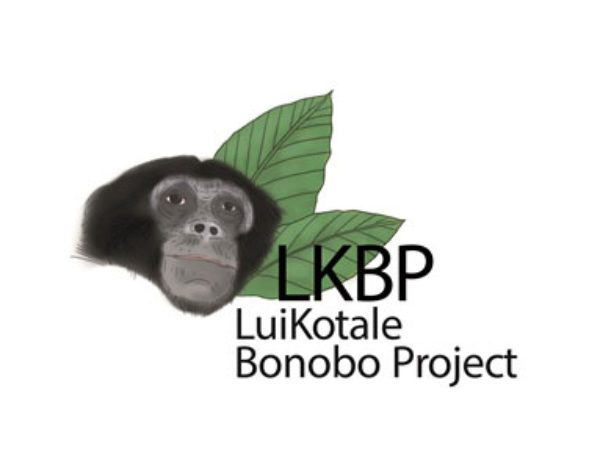
The LuiKotale Bonobo Project (LKBP) can look back to an almost 20-year history in the Salonga Landscape. The researchers in charge, Gottfried Hohmann and Barbara Fruth, started to habituate and study bonobos at LuiKotale in 2001. (From 1990 till 1998 they had done that already at Lomako. Due to the second Congo War that site had to be abandoned.)
Since 2001, their research focuses on various aspects of bonobo behavioral ecology, and other ecologically relevant topics including assessments of the local flora and its use by local people. The project has an active role in the Salonga Biomonitoring Program.
So far, 160 enthusiasts from 22 different nationalities contributed to the LKBP. Today, two habituated communities of bonobos consisting of 70 individuals are followed on a day-to-day basis by researchers and their assistants to learn how they interact with each other, and with their immediate environment.
At LuiKotale ties with the local communities are strong. The project brought together two originally almost adverse parties: local villagers being subsistence hunters teamed up with the national wildlife authority ICCN running regular patrols to prevent poachers from afar. By that, the study site and its surroundings were secured from wildlife raiding.
LKBP also invested into an environmental education campaign with the goal to raise awareness for sustainability and to strengthen conservation of bonobos and other wildlife.
The researchers of the LKBP supported decisively the animal & tree inventory of Salonga National Park South that was carried out between 2016 and 2018.
